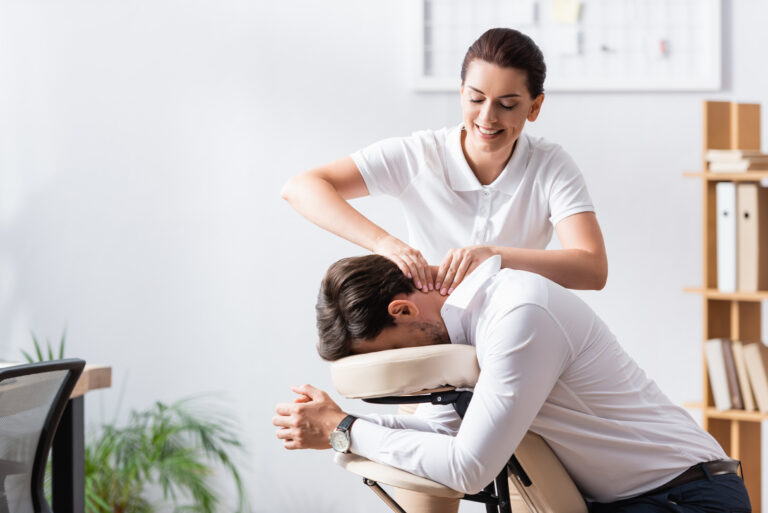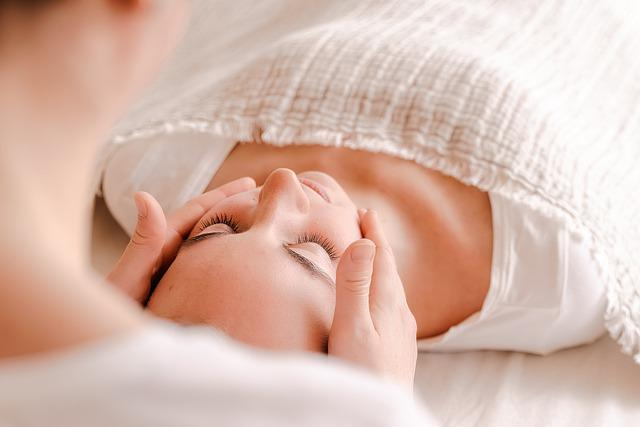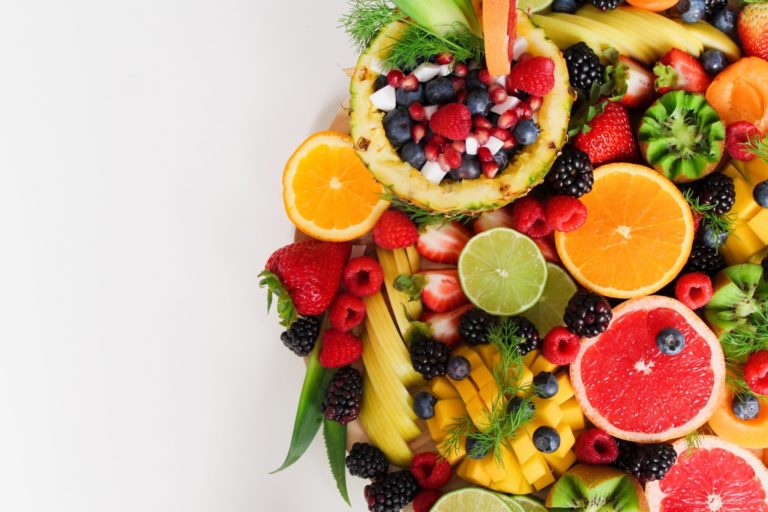Head filled with brain fog. Productivity slowing to a minimum no matter how hard you try. Difficulty grasping an actual breath of air. Mind overwhelmed with thoughts of a million to-do lists and endless plans for the future that may or may not even become possibilities. We’ve all been there. The mind likes to chat, in fact probably its favorite thing to do is to think in non-stop circles.
With so much internal (and external) busyness going on, it is vital for the brain to receive a well-deserved break. In fact, it really needs to take a breather now and then – preferably daily. For this reason, humans choose to exercise, take walks, draw a bath, read a book, or take part in whatever other activity they desire in order to unwind.
It turns out an ancient Eastern practice seems to do the trick just as well, if not better. Meditation, as it is called, is said to not only assist in slowing down the mental chatter and clearing the mind, science is also beginning to show its holistic benefits that could assist in soothing the mind, body, and soul (since all of it is interconnected anyway.)
With beginnings in India and Southeast Asia, meditation has taken the Western world by storm in recent years especially, with 14.2% of American adults claiming to have partaken in quieting the mind during 2018 according to CNBC. In reality, there is a very good chance that you too have heard of meditation or potentially even practice it yourself.
There are countless ways to cope with life’s stresses, some significantly healthier than others, but meditation, even just 10-20 minutes a day, seems to be bringing about impeccable results.
What Are Meditation and Mindfulness?
Holistic health teaches us to come up with life solutions that are in support of not only healing the body but the mind and soul as well. Meditation certainly holds grave potential as a solution for better mental management and resolve. Just as the body must be nourished with nutritious foods packed full of rich vitamins and minerals, the mind too must be fed. Meditation, in many ways, acts as this fodder, a catalyst for profound potential transformation.
One of the world’s most popular guided meditation apps, Headspace, describes meditation as being “…about training in awareness and getting a healthy sense of perspective. You’re not trying to turn off your thoughts or feelings. You’re learning to observe them without judgment. And eventually, you may start to better understand them as well.”
That’s just it – meditation is no miracle tool that will cause you to wake up one day feeling like a completely new person and all of your challenges and frustrations in life have simply melted away. No, that just would not be realistic; rather meditation serves as a way to dig deeper into the underlying reasons for why one reacts the way they do, simply by doing less and observing the thoughts more instead of living right there in them.
When we are living in the here and now, we are being mindful. This is mindfulness; the practice of being here and now. In every activity, in every moment of every day, we can choose to be mindful. This is simply done by watching the breath and bringing awareness back to it when the mind decides to get distracted or go down some strange alleyway.
And it definitely will get distracted at some point – this is what the mind does and this is completely natural. The mindful aspect comes into play when one brings consciousness and awareness to these moments of diversion and instead chooses to go back into the state of observation.
Walking, cooking, cleaning, exercising, listening to music, swimming, driving. Any activity, truly, can be done in a mindful manner. It just takes practice and regular reminders to be in the here and now, often done by focusing upon the breath.
What Does Science Tell Us About Meditation?
Although there are numerous personal accounts of how meditation has been of benefit to humans, it is important to also view science. Science rarely lies and factual evidence definitely backs up claims made about meditation and its powerful abilities to transform the mind and body.
Project-meditation.org reports that since 1930 more than 1500 studies have been conducted and published in pertinence to meditation and its effects and impacts. Some of the following conclusions were made:
- Meditation reduced the production of the stress hormone Cortisol, allowing individuals to better cope with and manage stress down to a biological level.
- 75% of insomniacs that meditated on a daily basis found they were able to fall asleep within a twenty-minute window of time, a significant improvement for those who potentially would not have been able to sleep even many hours after getting into bed.
- 60% of people prone to anxiety who meditated for a study found that after 6-9 months they had substantial improvements to their mental states.
- Those that meditate possess less nervousness and anxiety.
- Meditating can decrease oxygen consumption, blood pressure, heart rate, and respiration.
These examples represent only a few of the copious studies that support beneficial claims made about meditation.
How to Apply Meditation and Mindfulness into Everyday Life
With all this information present, the question still remains: how can one apply the useful potential of meditation into their own life?
There are a number of ways to go about implementing meditation and mindfulness into everyday life, but it does require taking a little time out of each day to do so if you intend to keep a regular practice. Meditation, although always effective, is said to be the most beneficial if exercised on a frequent or even consistent basis.
Thankfully, technology has made it pretty convenient to practice some form of meditation or mindfulness on a consistent basis, with the tools you will need available right at your fingertips.
There are many apps available for smartphones and tablets that offer a variety of mindfulness and meditation exercises, both guided and unguided. A few that have become especially popular includes:
- Headspace: In addition to regular guided meditations with a variety of useful themes, this app also offers walking, cooking, and cleaning guided mindfulness exercises for those who do not feel like sitting down for practice.
- Calm: Daily Calm sessions are offered with this app, as well as a plethora of relaxing nature noises for those who get inspired or feel more tranquil from the sound of certain organic experiences.
- 10% Happier: This is a “no-frills” meditation app that is designed for even the most skeptical of individuals so that they too can reap the benefits of meditation. Various aspects of mindfulness are described with such clarity and bluntness that concepts are made clear even for those who are much more logical/rational-minded and uninterested in esoterics.
- Buddhify: Designed for the ultra-busy, on-the-go individual seeking more mindfulness in life. A simple design of a wheel separated into relevant sectioned exercises allows you to pick a short guided meditation in a speedy manner so that afterward you can get back to your work and to-do list feeling sharper than ever.
If a meditation app isn’t quite your vibe, there are many forms of meditation and mindfulness practices that were used long before smartphones were a thing. Plenty of them are still going strong too.
- For building self-love and self-compassion, loving-kindness meditation is a wonderful choice. Originated from the buddha and Buddhist practices, this option helps you strengthen your relationship with yourself, so that you can, in turn, strengthen how you interact with others. Loving-kindness meditation tends to suit most people because all of us struggle from time to time with challenges related to the inner self.
- For a meditation that requires you to get physical, yoga meditation in some form, such as Kundalini yoga for instance, not only helps bring better awareness to the self, it also involves an aspect of fitness that assists with improving flexibility and strengthening the core, all while decreasing stress, anxiety, tension, and leading to a more mindful you.
- For a complete sensory experience, sound bath meditation applies various noises created by gongs, singing bowls, and other vibrational instruments to get you into an even deeper state of relaxation and rejuvenation.
- For deep introspection and life transformation, Vipassana meditation serves to guide practitioners down a journey of discovering insights into various human experiences and dilemmas in order to eventually produce transformation. This is an ancient technique and 10-day silent meditation retreats are offered globally for free for those who feel ready for such a testing undertaking.
Many other forms of meditation and mindfulness do exist in addition to these, so it is important to do a little research and find out which option best suits your needs.
As we mentioned earlier, just about any activity can be done in a mindful way, and so you may discover a form of mindfulness that works best for you that does not require you to be sitting or lying down with your eyes closed.
Optimize Your Life with Meditation and Mindfulness: In Summary
Science shows us that meditation carries a plethora of benefits, and as not only the Eastern world but the Western world as well takes on meditation practice as a daily part of life, this awareness-bringing activity has become more popular than ever globally.
Meditation helps to optimize life to its full potential, whether that’s by reducing stress and increasing productivity, or simply giving the mind a much-needed break. With so many meditation-related options out there, it is important to find one that is best suited to you if your desire is to implement more mindfulness into day-to-day life.
Furthermore, if holistic health interests you and if you’ve been searching for career colleges in San Diego or massage schools that offer courses of this nature, ICOHS is an accredited, non-profit vocational school with a personalized holistic health practitioner program, as well as a professional massage therapist program. Reach out today and request more information to dig deep into what each program has to offer.










